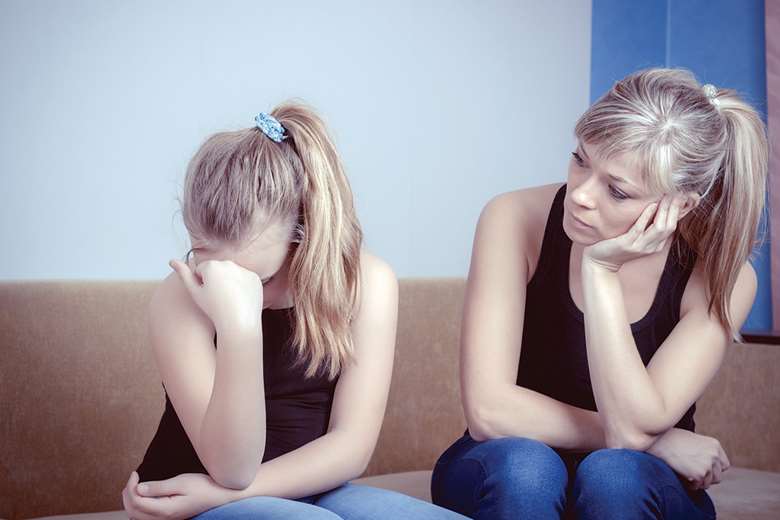Families adopt safer strategies
Emily Rogers
Tuesday, March 27, 2018
Getting On aims to reduce teen-to-parent abuse and strengthen family relationships.

PROJECT
Getting On
FUNDING
Part of Doncaster Children's Services Trust's (DCST) Growing Futures initiative, funded with £3.1m from the Department for Education's Children's Social Care Innovation Programme until 2017. Growing Futures is now funded by DCST
BACKGROUND
Getting On was initiated in 2014 by Emma Palframan, systemic family officer at DCST's youth offending service, after she saw an increase in cases of teen-to-parent abuse among families.
After receiving training from a family therapist, she developed a specialist programme informed by the first significant national research into the issue, led by Oxford criminology professor Rachel Condry.
ACTION
Getting On is a partnership between DCST's youth offending service and the council's Stronger Families and Community Safety teams, which provide facilitators. Young people aged 11 to 15, who have displayed abusive behaviour towards parents for six months or more are referred by agencies including schools, mental health, social care and youth offending. Palframan and co-facilitators meet the young person and parent separately at home to assess the level of abuse and whether or not the family is ready to take part in the programme.
Getting On incorporates a parent group led by Palframan and another facilitator and a group for children led by three facilitators. Between six and eight families participate in nine 2.5-hour sessions, starting by sharing home experiences. "Parents have a lot of shame and fear of being blamed, which we break down straight away," explains Palframan.
Both groups are helped through discussion, role-plays and other activities to recognise their behaviour patterns and learn strategies to stop anger escalating to aggression and abuse. Palframan says parents learn different techniques to those in mainstream parenting programmes. "We encourage conversations such as: ‘You're an hour late, what do you think I should do about that?' We're helping young people understand how to get positive power, by helping decide rules, consequences and rewards," she explains. Both groups review learning together in the final session.
OUTCOME
All eight parents attending a programme up to December 2017 said they learned positive communication and techniques which they had put into practice at home. All reported it had made them emotionally stronger and improved family relationships.




